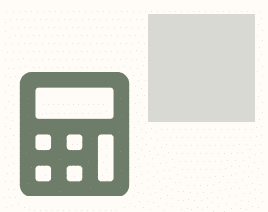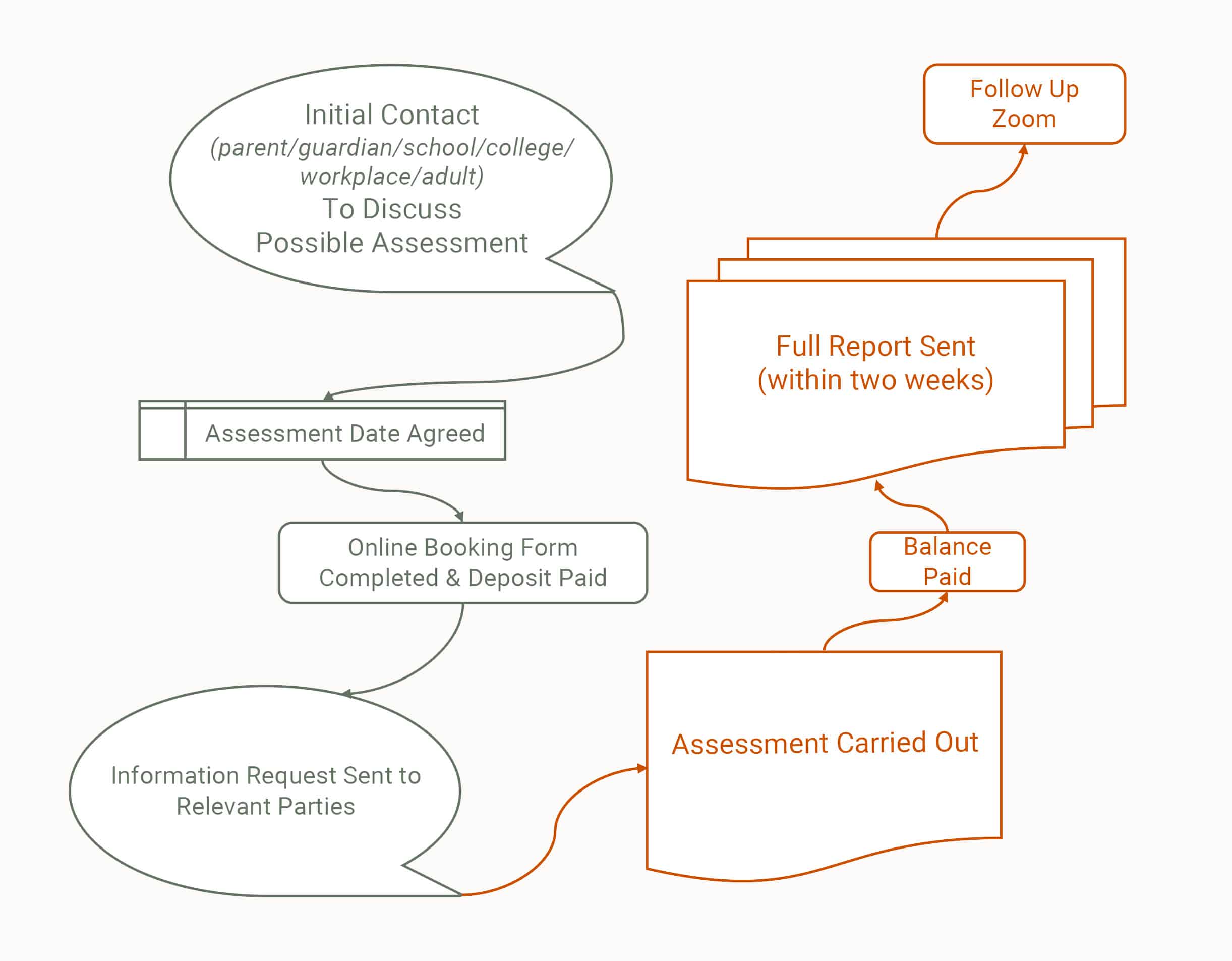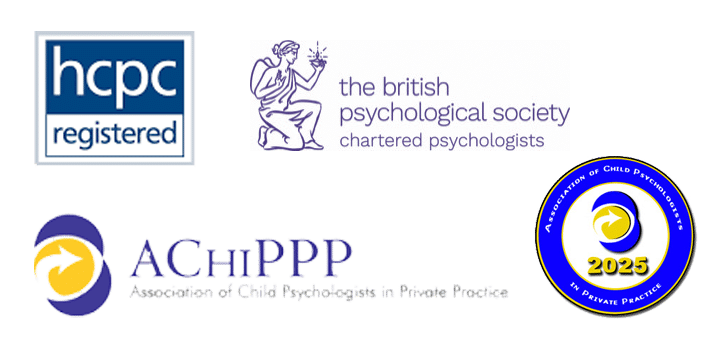Secondary School
Ages 11-18

It is important to understand the pupil’s views about their learning, motivation, self perception and confidence
At the point of requesting input from the Educational Psychologist, whether for assessment or a consultation meeting, there may well be some history of support, and information about this and the child/young person’s response is useful. Background information will be requested from both school and home and from any other professionals who have been involved with the child/young person, in order to set the assessment/consultation within the context of the pupil’s world and their experience to date.
The focus of the assessment or consultation will vary according to the concerns raised by both parents and school, at the point of referral.
During this secondary schooling period, it is important to understand how the child/young person applies themselves to different situations/tasks both within a 1:1 session and also in a group or class context. When our engagement is for an assessment, during the 1:1 session, standardised tests will be used, amongst other qualitative or dynamic methods, which will establish the child/young person’s particular set of current cognitive and learning strengths and weaknesses, memory and processing speeds, along with their current levels of attainment in different curriculum areas. Also very important are the pupil’s views about their learning, their motivation, their self perception and confidence.
If the engagement is a consultation there may be a short 1:1 session with the child/young person and/or an observation, before an hour to hour and a half meeting with the adults who know the child/young person to joint problem solve the problem that triggered the referral. The consultation process is shorter and more directly focussed on alleviating the immediate problem.
For both assessments and consultations, the results and resulting hypotheses will guide how teachers and parents can support the individual child/young person within school and at home. It will also focus on how the individual can start to help themselves by developing strategies that have been introduced to them and that they find work for them.
Specifically, assessment and consultation for the secondary aged child /young person includes focussing on:
- Health, including vision and hearing
- Reasoning with language, use of language, phonological awareness
- Perceptual skills and reasoning
- Processing speeds
- Working memory, auditory memory, visual memory
- Handwriting and typing
- Levels of attainments in literacy and maths
- Eligibility for specific access arrangements for public examinations (extra time, spell checker etc) (find out more)
- Sensory Processing
- Attention and other learning behaviours
- Social behaviour
- Curiosity levels, the student’s interests
- Emotional awareness: understanding of emotions, different social situations, theory of mind
- Gross and fine motor skills
- The student’s own views about their learning and their life
Living in the digital age where young people can be considered to be ‘digital natives’, an important part of the assessment is understanding how the student currently uses technology and considering how technology can support their learning process. In particular is how technology can support the learning strengths, and help develop or over ride the weaknesses. At the same time, there is also the ‘management’ and ‘good IT habits’ to focus upon, particularly important with regards to social networking, connectivity with e-mail, texting etc.
Considering particular types of profiles is also part of an assessment and this can lead, if viewed as helpful to specific diagnoses such as Dyslexia, Dyscalculia, ADHD, Autism Spectrum Condition and Sensory Processing Disorder. [1][2]
[1] If there is a significant likelihood of a diagnosis of dyspraxia or sensory processing disorder, a referral to the Occupational Therapist is appropriate
[2] A multi-disciplinary assessment will be recommended if there is a high probability of ADHD or ASC, which will usually include a Speech and Language Therapist, a Clinical Psychologist and an Occupational Therapist
The Process

Further Services Available
Caro Strover-Green & Associates work across all age ranges, from infant to adult learning working directly with individuals, schools and professional bodies.
Please select the category relating to the age range in which you are wanting assistance.

